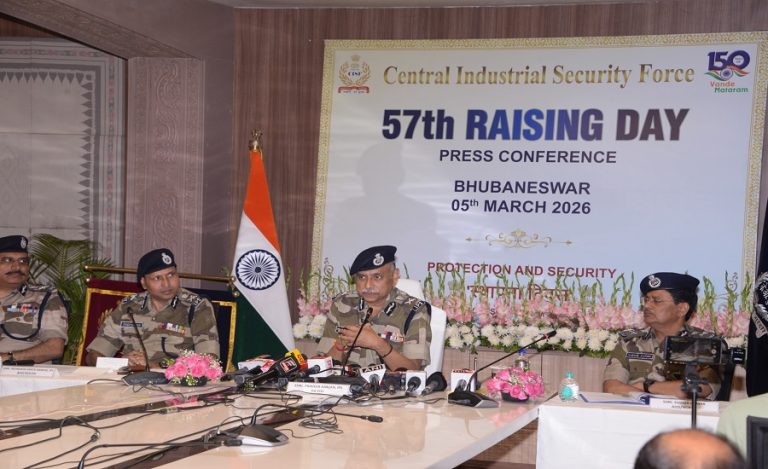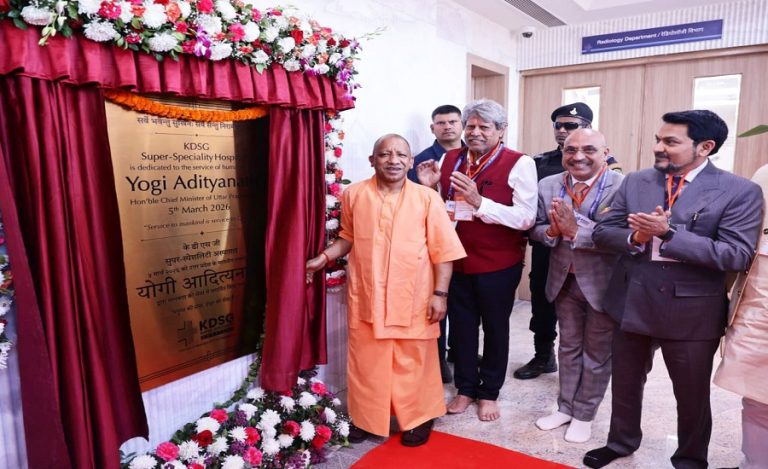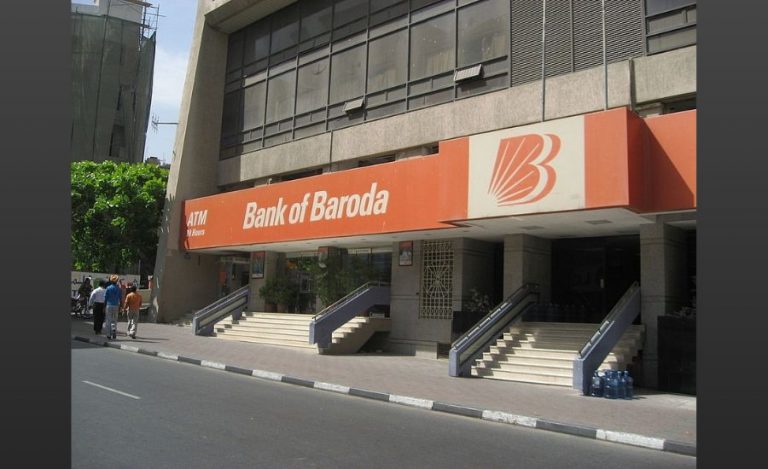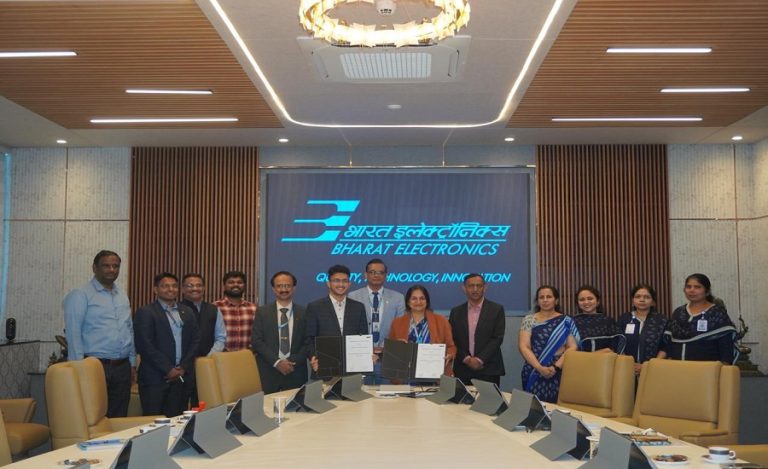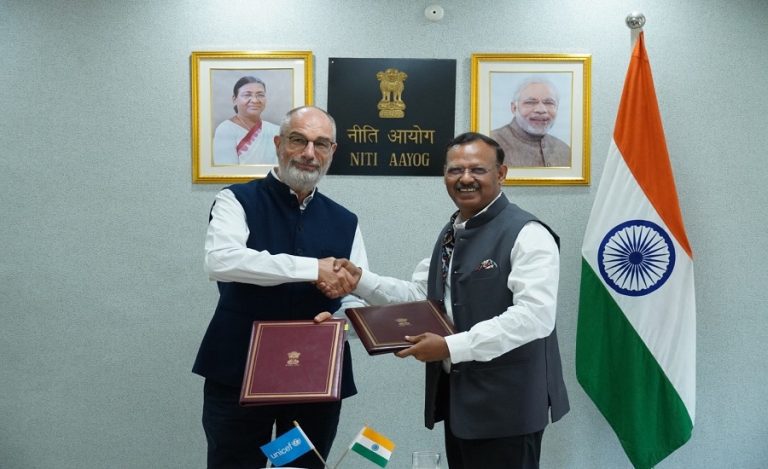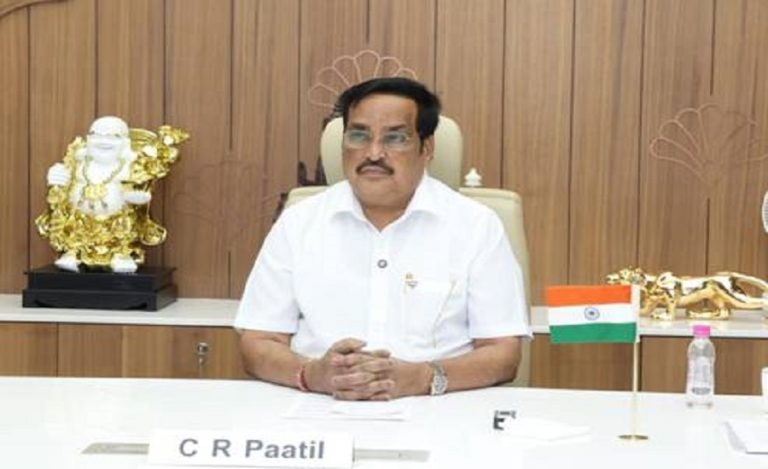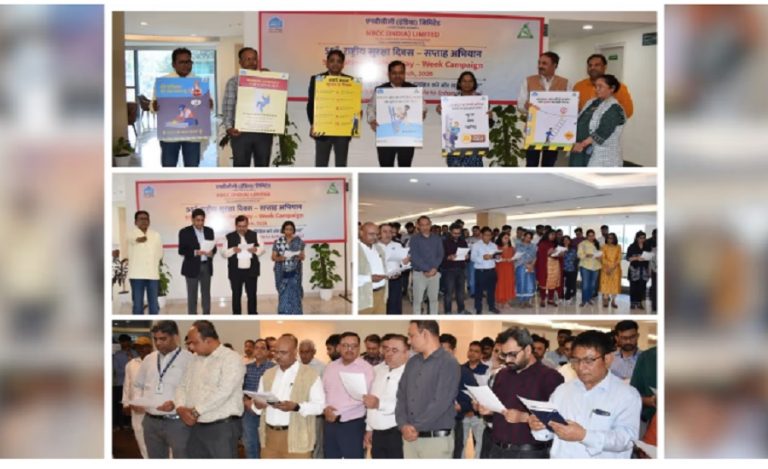Farmers not getting right price of their produce is a perennial complaint across the country. Not correct. The statement doesn’t apply to the far-east corner of the country. If the condition of farmers in Lohit district of Arunachal Pradesh is much better than other parts of India, it is because of one man – an enterprising District Collector Prince Dhawan – who has changed the scenario single handedly.
Plight of farmers of Lohit was worse than the rest of India. That was till IAS officer Prince Dhawan was transferred from Itanagar to Lohit as DC in March last year. He focused on making the farmers self-sustained. With the efforts and help of his team, Mr. Dhawan has not only achieved significant success in that area but has also been declared the best performing District Collector in the northeast region.
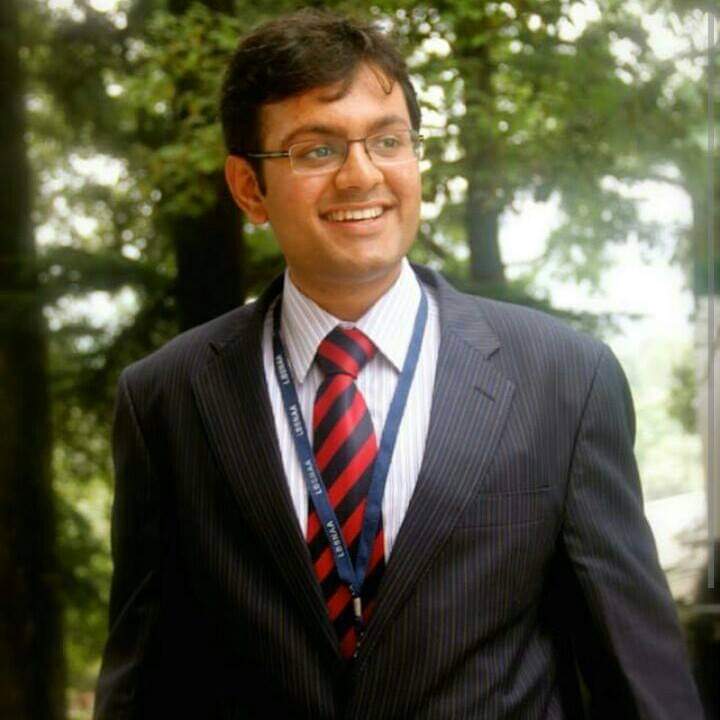
Most part of Lohit is tribal and rural population. It is not just beautiful geographically but also in terms of people who live here. They are simple people and don’t even know the basics of marketing or branding. They mostly grow black pepper, turmeric, ginger, orange, apple, kiwi and seasonal vegetables. Previously, when there was no support they used to borrow money for seeds & nurturing the crops. They would never get the legitimate price for their products because of middlemen. Most of their earning would be spent in servicing their debts, Mr Dhawan told Indian Masterminds.
After reaching to the district, the AGMUT cadre officer formed Farmer Producers’ organisation (FPOs). Now, there are four FPOs in the district and more than 300 farmers are their members. These FPOs work in different dimensions of farming like agriculture, horticulture and fisheries. Now farmers don’t need to borrow money at exorbitant rates from greedy moneylenders as they easily get money from the FPOs. These FPOs are funded by the government and have been acting as microbankers.
The FPOs help them in the whole process starting from the sowing of seeds to the selling of crops and food items. “I take immense pride in saying that our horticulture and fisheries FPOs are doing great. They have introduced inter-cropping in the district and utilising the benefit out of that. Meanwhile, we have also rejuvenated various ponds in the region which are being used for fisheries. Over 100 ponds have been covered under this initiative and we will be ready to harvest fishes from the coming January”, said Mr Dhawan.

E-portal for marketing
Mr. Dhawan has also launched an e-portal ‘www.arunachal farmers.org’ for farmers where their products can reach any part of the country in just one click. It has excluded all middle-man from the process. The district administration has also partnered with two companies to sell the products in other states. The portal is still in nascent stage but has already started to show the results.
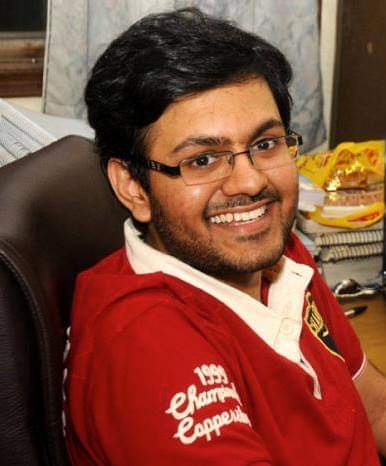
The district administration is planning to extend this portal and enrol as many farmers as possible in the state. “We educate them about the portal, encouraging them to join it. I hope this will become popular in next few months. FPOs play a key role in branding of the food products. The whole idea was to make the famers self-sustainable. Production was already in their hands, we only had to give them an independent market”, he says.
Skill and education
Mr. Dhawan has also taken initiatives to develop skilled youth in the district and improving quality of education. The district administration has started a skill development centre in collaboration with the art of living foundation. The centre started operating prior to the lockdown and a batch of 30 students has already completed their training. Training of next batch was disrupted by Covid-19.
Being a remote area, life is not easy in Lohit. Like Western countries, buying a new item is easier than getting it repaired here. Technical hands as well as spares are not available here and people have to travel to far flung Assam even to get small things done. The Skill Development Centre has changed the scenario. It has not only facilitated easy repairs but also provided employment to the locals. After getting trained, the youth gets a job near their home itself.
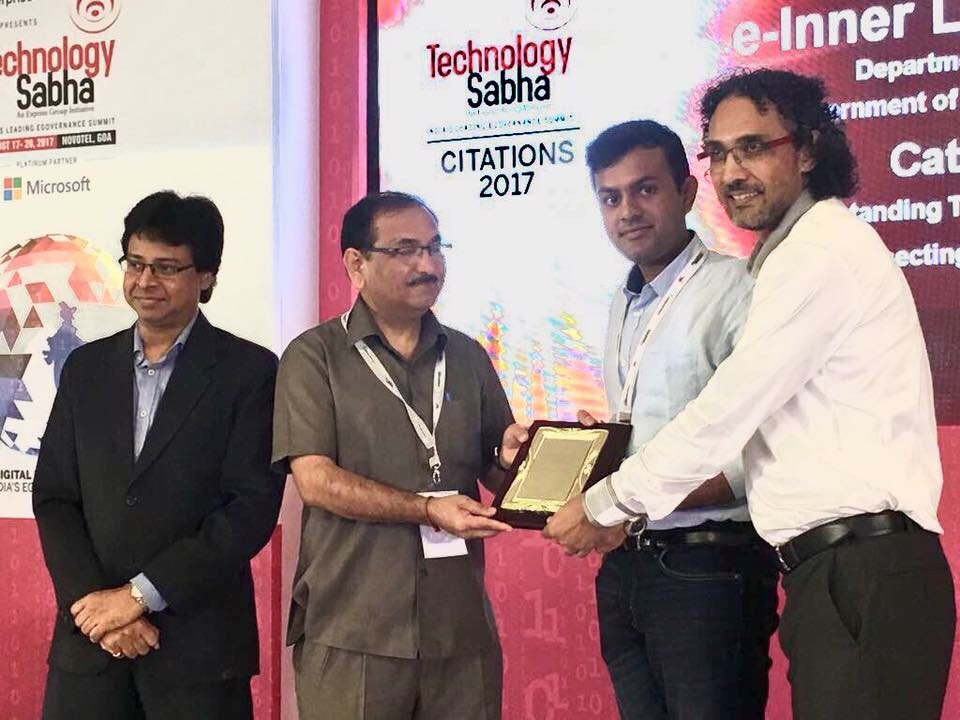
New Education Model
Besides, Mr. Dhawan and his team has introduced a student and teacher model to monitor performance of each child and that of teachers as well. They have also introduced a standardised periodic test for class-1 to 12th students. He says, “There are more that 80 government schools in the district. We don’t get complaints about performance of teachers and incompletion of syllabus any more. I don’t have any doubt that our students performance has improved considerably in 10th and 12th board this year.”








